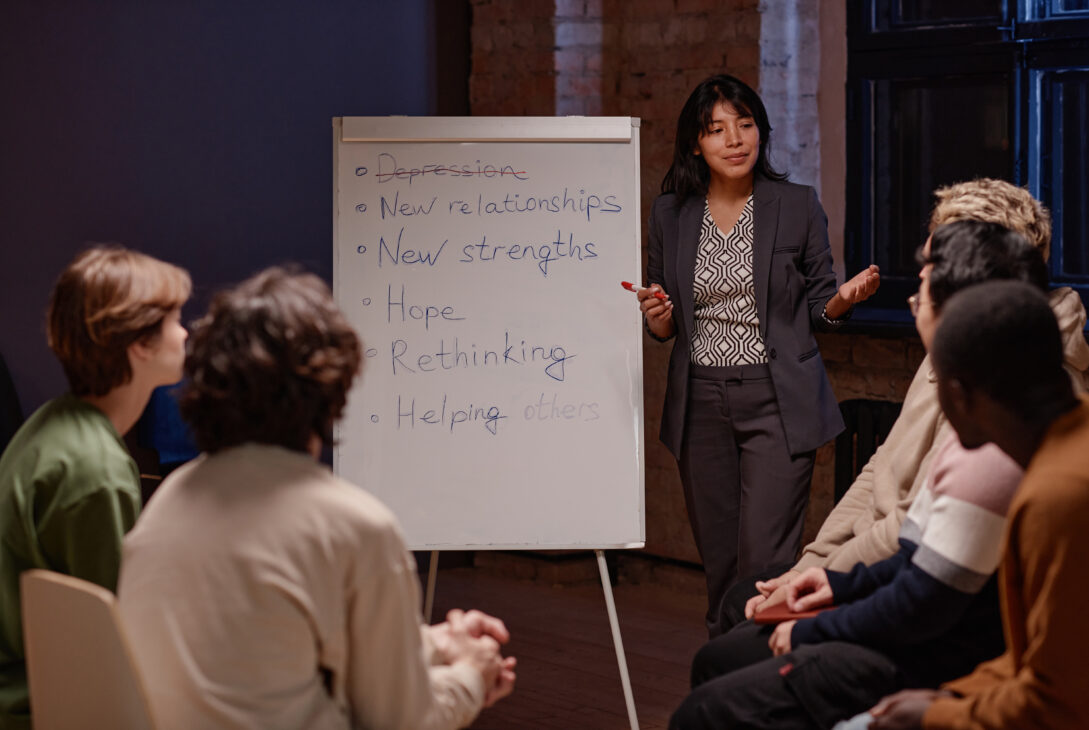Let’s be honest: when you’re leading a team, juggling family, or navigating the pressures of a high-stakes role, your own mental wellbeing often takes a backseat. You’re “the strong one,” the fixer, the one people go to. But… who do you go to?
In Singapore’s fast-paced world, where productivity is practically a national sport, burnout doesn’t always come with fireworks. Sometimes, it’s just quiet exhaustion — a growing disconnect between what you do and how you feel.
The Silent Stress We Don’t Talk About Enough
At first, it might just look like skipping lunch or sleeping a bit less. Then it snowballs — zoning out during meetings, increased irritability, or that annoying brain fog you can’t seem to shake off.
And if you’re in a leadership role, it gets trickier. You’re not only managing your own pressure but absorbing stress from everyone around you. There’s this unspoken belief that you have to keep it all together.
But here’s the thing — mental fitness isn’t a luxury anymore. It’s a skill. And like any skill, it can (and should) be trained.
Building Mental Muscle — Just Like Physical Fitness
If you’ve ever worked with a personal trainer, you know the drill: structure, progression, and accountability. The same idea applies to working with a mental health trainer.
These professionals are certified to deliver training programs focused on stress management, emotional resilience, and awareness — not through theory-heavy lectures, but through interactive, hands-on learning. Many hold credentials like the Mental Health First Aid (MHFA) Instructor certification, which blends education with real-world teaching practice.
And no, this isn’t therapy. Mental health trainers work in both corporate and community settings to educate, reduce stigma, and help people recognise challenges early. It’s about equipping, not fixing.
So if you’re someone who thrives with structure and wants to lead by example, working with a mental health trainer might be your next power move.
When a Workshop Is More Than Just a “Talk”
Not everyone is ready to dive into one-on-one training — and that’s where workshops shine. A good mental health workshop in Singapore isn’t a lecture with bullet points and a coffee break. It’s an experience.
From stress management sessions at Red Cross Singapore to parent-child bonding workshops from the Children’s Society, these programs are built to fit real life. Whether you’re a manager learning how to support your team better or a parent trying to build emotional literacy at home, workshops deliver practical tools you can actually use.
And with growing demand across schools, workplaces, and community centres, mental health education is becoming more common — and more customised — than ever.
But First, Check Your Own Dashboard
It’s hard to improve what you don’t measure, right? That’s why many professionals are starting with a mental health assessment in Singapore to get a clear picture of where they stand.
You can go the clinical route — psychological assessments with licensed professionals that include interviews, standardised tests, and in-depth reports. Or start lighter with online self-assessments (like those on Mindline.sg) that help flag areas to watch.
There’s even CHAT (Community Health Assessment Team), a youth-focused initiative that offers free mental health checks grounded in the WHO’s AAA framework (Accessibility, Acceptability, Appropriateness). No judgment, just clarity.
Whether you prefer a professional evaluation or an online check-in, assessments are a powerful first step — not just for treatment, but for prevention.
Real Leadership Starts From Within
There’s a reason more leaders, parents, and even students are investing in their mental fitness: it works. When you understand your mental patterns, build stress response skills, and take care of your inner world, everything else — productivity, relationships, clarity — follows.
Mental health isn’t just something to “deal with” when it falls apart. It’s something you build, intentionally.
One Last Thought:
You don’t need to wait for a breakdown to prioritise mental health. Whether you’re feeling slightly off or just curious about how to be your best self — a conversation, a workshop, or even a quick online screening can be a game-changer.
Take that first step. You might be surprised by what opens up next.







